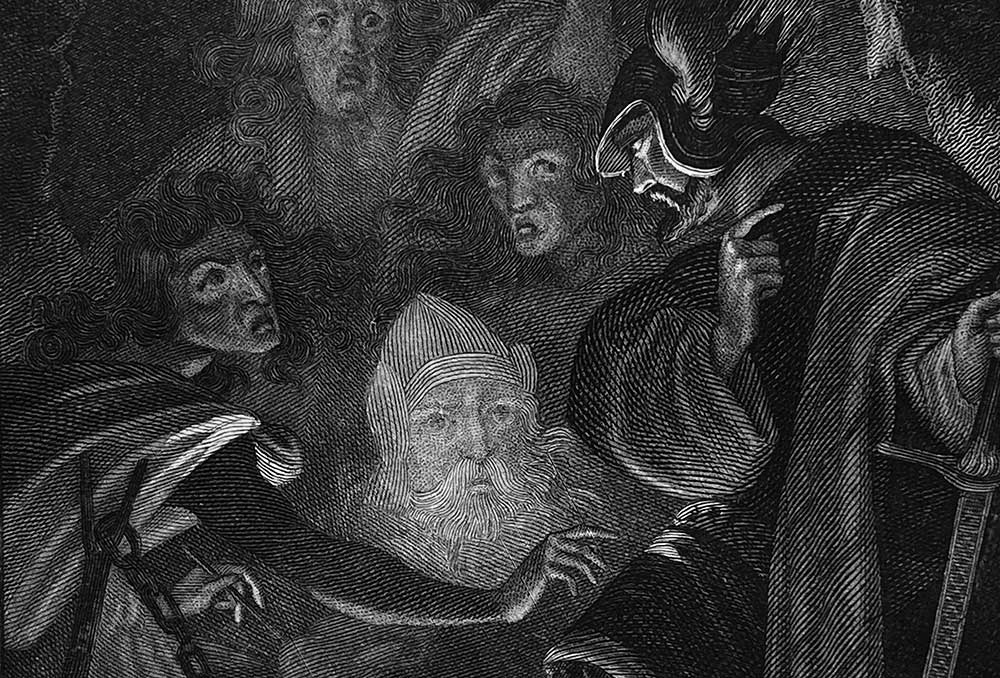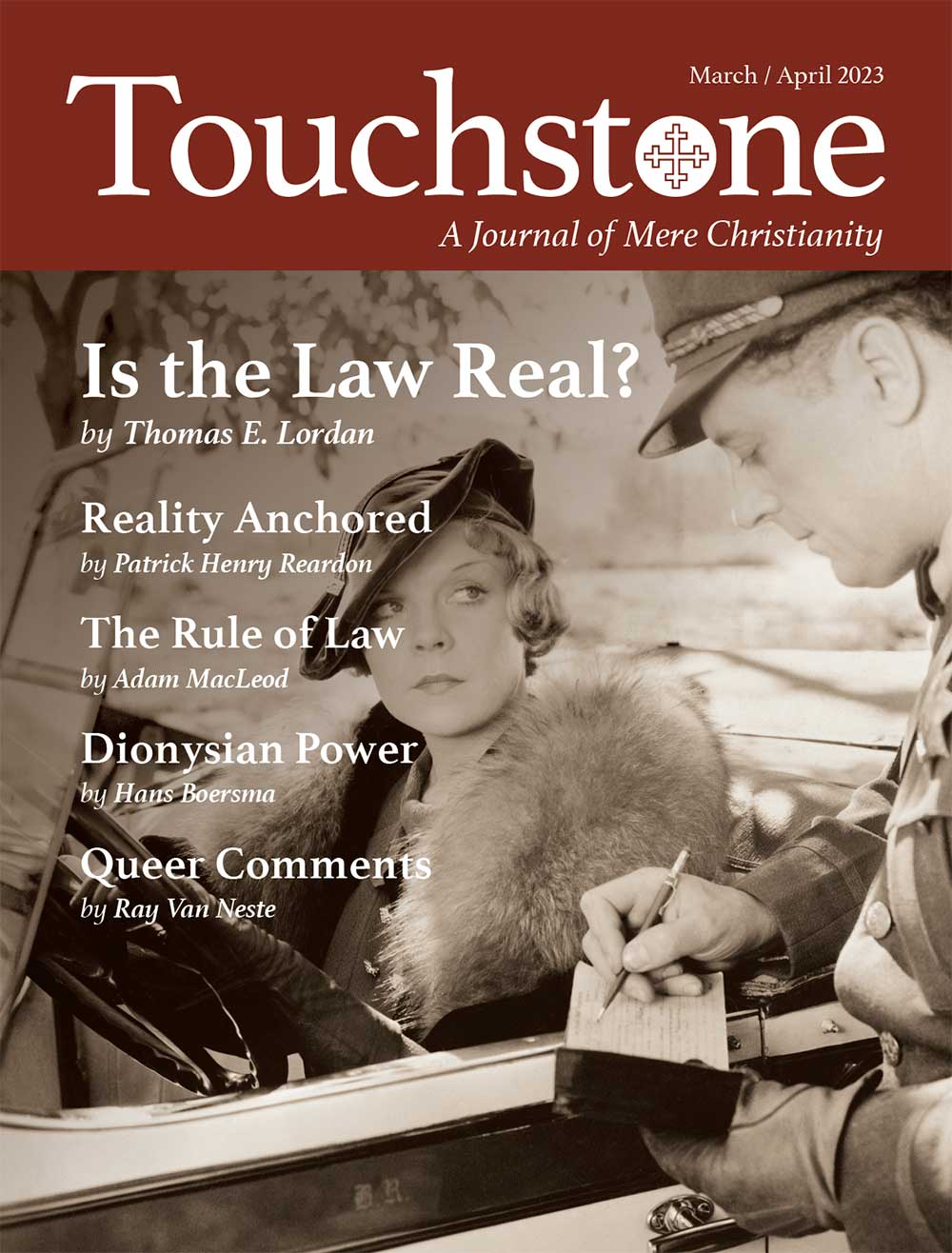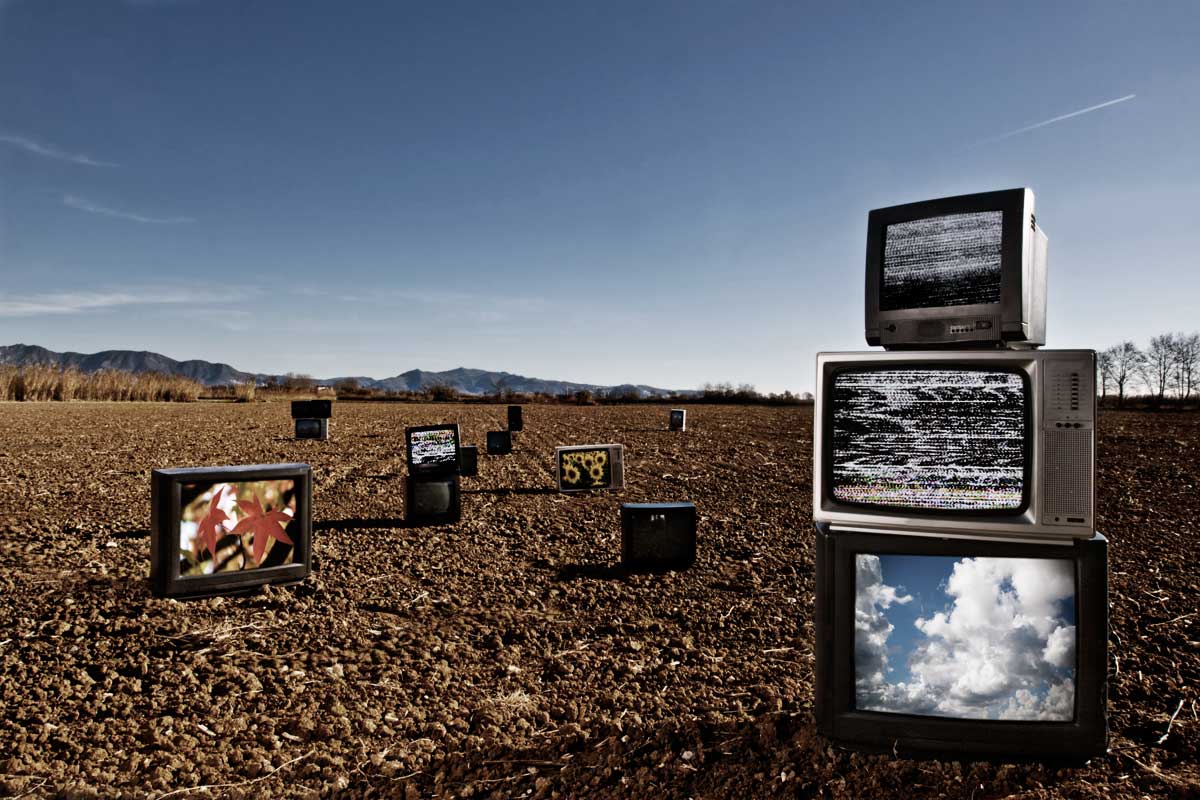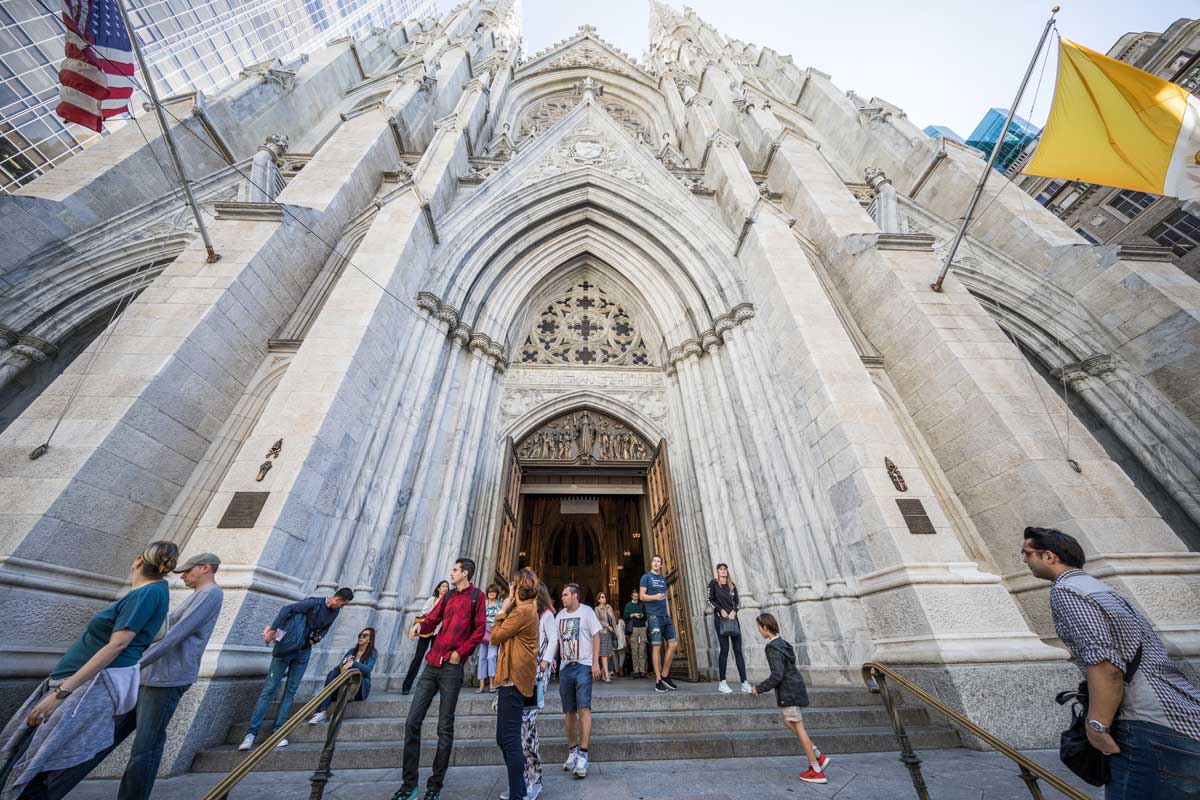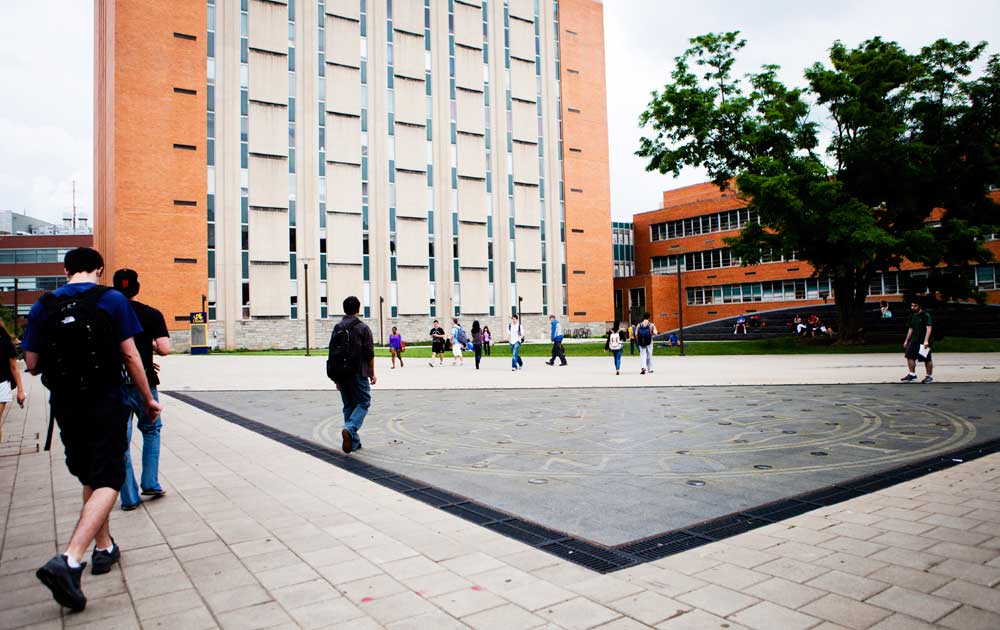Dionysian Power
A Positively Medieval Hierarchy
Hierarchy is in trouble. I am not telling you anything new. We all know our society is strictly egalitarian. A view of reality that is patterned vertically with higher and lower places on the chain of being generally gets dismissed rather quickly. We tend to associate hierarchy with medieval feudalism, obscurantism, unfairness, and especially, oppressive power and violence. As moderns, we celebrate the equal opportunity that a non-stratified, egalitarian society offers, and we take courage from the horizontalizing or flattening of its horizons, for it treats everyone as equals and hence offers protection against arbitrary power from above —or so we think. In short, modernity associates hierarchy with imposition of power and aims to eradicate this evil by replacing hierarchy with equality, vertical stratification with horizontal relationality.
In this essay, I want to investigate the principles that undergird a hierarchical metaphysic. I will do so by turning to the sixth-century Syrian monk Dionysius, in part because he was the first to use the term hierarchy and wrote extensively about its relation to power, and in part because Dionysius thought deeply about hierarchy both in terms of the structures of reality in general and in terms of ecclesial structures. I hope to show that the Dionysian hierarchy, which undergirded church and society in the Middle Ages, did indeed have the functioning of power at its center, but not the kind of power that violently imposes itself upon the disenfranchised and marginalized but the kind that lovingly lifts others into the being of God.
I will also try to turn the tables on modernity by briefly comparing the implications of an egalitarian, nominalist metaphysic with those of a hierarchical, participatory metaphysic. My basic argument is that when power is embedded within a hierarchical, participatory metaphysic, it serves to uplift others —to hierarchize them —into God himself. By contrast, the modern atomizing and mapping of creaturely beings onto a strictly horizontal map requires centralized power structures to manage and control individual beings. Put differently, within a hierarchical view of reality, power serves to lift up rather than to oppress, whereas within an egalitarian view of reality, power naturally oppresses people rather than lift them up.
Fantastical Wickedness
Before turning to Dionysius, I briefly want to turn to Shakespeare’s Macbeth; it, too, teaches us a great deal about power. Macbeth, after all, is motivated primarily by power. Told by three witches that he will be king one day, and incited by his wife, Macbeth takes steps to make the prophecy come true. Rejecting the sacred obligations he has to his kinsman and lord, King Duncan of Scotland, he decides to murder him —a shocking act of rebellion against the social structure of society and, of course, against life itself. This first murder leads to numerous others, first of the two chamberlains whom Macbeth and his wife have framed as the alleged murderers of the king; then also of Banquo, whose son threatens to become a potential challenger to the throne; and finally of the wife and children of Macbeth’s antagonist Macduff.
The power that Macbeth pursues is hardly power as power is meant to be. King Duncan’s son Malcolm reflects on the nature of power in the play’s final act, when he considers his own alleged shortcomings in conversation with Macduff. Malcolm shares with Macduff the characteristics of the graces of a good king:
The king-becoming graces,
As justice, verity, temp’rance, stableness,
Bounty, perseverance, mercy, lowliness,
Devotion, patience, courage, fortitude,
I have no relish of them but abound
In the division of each several crime,
Acting it many ways. Nay, had I power, I should
Pour the sweet milk of concord into hell,
Uproar the universal peace, confound
All unity on earth.
Malcolm seems quite despairing of himself, but the audience knows that, contrary to his words, he is actually a fitting heir to his father’s throne. Regardless of his own suitability to exercise power, Malcolm is right to think the proper handling of power requires outstanding virtues, for in their absence, the king might “pour the sweet milk of concord into hell.”
Hell, of course, is what Macbeth creates both around himself and in himself. As Macduff puts it, “Not in the legions / Of horrid hell can come a devil more damned / In evils to top Macbeth.” As he pursues tyrannous power based in bloodshed, Macbeth ends up with mental torture: “O, full of scorpions is my mind, dear wife!” Tormented by guilt, he can no longer hold it together: “I am in blood / Stepped in so far that, should I wade no more, / Returning were as tedious as go o’er.” First he and then also Lady Macbeth begin to experience hallucinations, as they lose their grip upon reality. Here is Macbeth, first losing a sense of reality:
Is this a dagger which I see before me,
The handle toward my hand? Come, let me clutch thee.
I have thee not, and yet I see thee still.
Art thou not, fatal vision, sensible
To feeling as to sight? Or art thou but
A dagger of the mind, a false creation
Proceeding from the heat-oppressèd brain?
Hans Boersma is the Saint Benedict Servants of Christ Professor in Ascetical Theology at Nashotah House Theological Seminary.
subscription options
Order
Print/Online Subscription

Get six issues (one year) of Touchstone PLUS full online access including pdf downloads for only $39.95. That's only $3.34 per month!
Order
Online Only
Subscription

Get a one-year full-access subscription to the Touchstone online archives for only $19.95. That's only $1.66 per month!
bulk subscriptions
Order Touchstone subscriptions in bulk and save $10 per sub! Each subscription includes 6 issues of Touchstone plus full online access to touchstonemag.com—including archives, videos, and pdf downloads of recent issues for only $29.95 each! Great for churches or study groups.
Transactions will be processed on a secure server.
more on culture from the online archives
more from the online archives
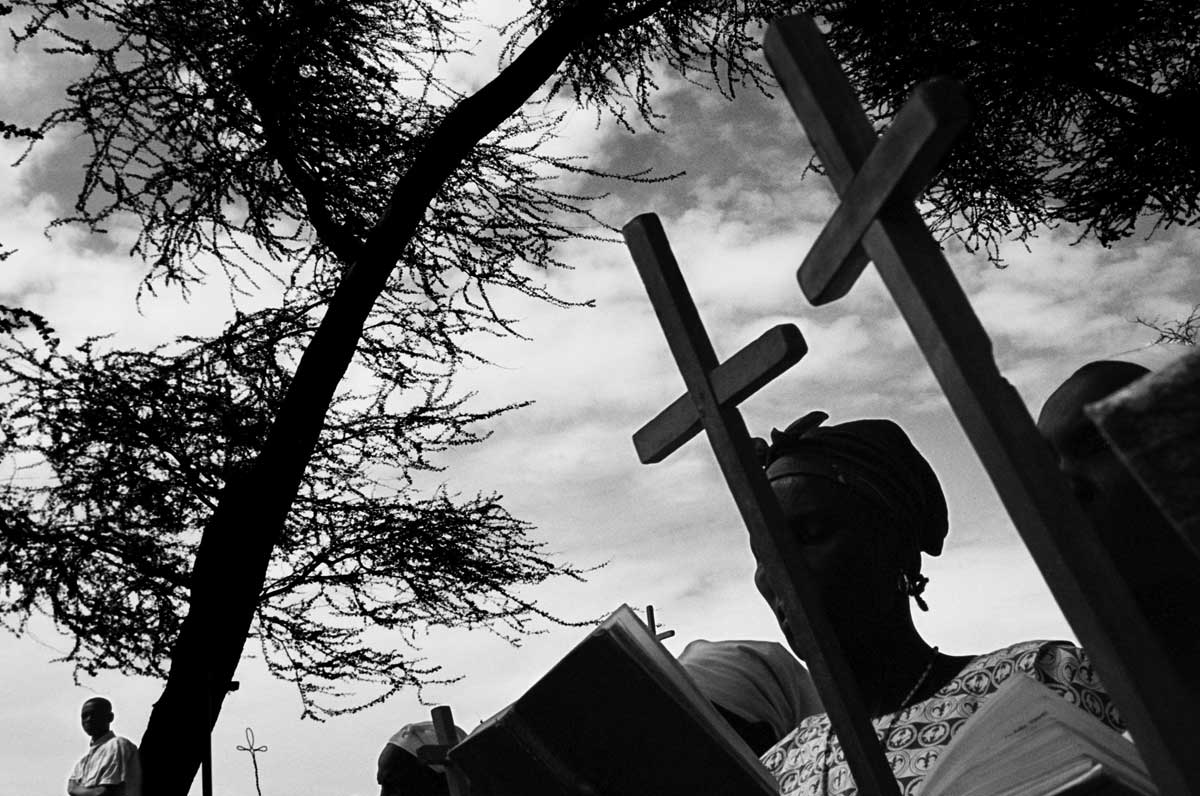
27.3—May/June 2014
Religious Freedom & Why It Matters
Working in the Spirit of John Leland by Robert P. George
calling all readers
Please Donate
"There are magazines worth reading but few worth saving . . . Touchstone is just such a magazine."
—Alice von Hildebrand
"Here we do not concede one square millimeter of territory to falsehood, folly, contemporary sentimentality, or fashion. We speak the truth, and let God be our judge. . . . Touchstone is the one committedly Christian conservative journal."
—Anthony Esolen, Touchstone senior editor






